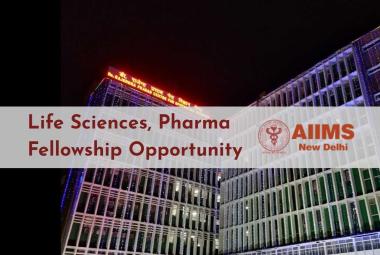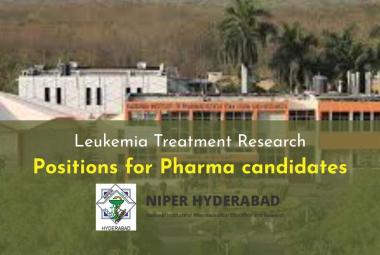WHO cautioned that "indiscriminate" use of antibiotics is increasingly leading to resistance to medicines and treatment failure even as it asked India and South East Asian nations to "urgently" address this threat to public health.
[adsense:336x280:8701650588]
World Health Organisation (WHO) said that according to a recent forcast, the potential human and economic cost is estimated to be 10 million deaths per year globally and 2-3.5 per cent less global gross domestic product by 2050 if antimicrobial resistance goes unchecked.
"Immediate action is needed to stop the world from heading towards pre-antibiotic era in which all achievements made in prevention and control of communicable diseases will be reversed. "Common infections and minor injuries which have been treatable for decades may once again kill millions. Resistance to antibiotics will make complex surgeries and management of several chronic illnesses like cancer extremely difficult," said Poonam Khetrapal Singh, WHO Regional Director, South-East Asia Region during the regional meeting in Dili, the capital of Timor-Leste.
[adsense:468x15:2204050025]
She said that without effective antimicrobial medicines, a number of common infections such as hospital acquired ventilator associated pneumonias, urinary tract infections, diarrhea, tuberculosis, malaria and others are already becoming harder to treat. WHO's South-East Asia Region comprises of Bangladesh, Bhutan, Democratic People's Republic of Korea, India, Indonesia, Maldives, Myanmar, Nepal, Sri Lanka, Thailand and Timor-Leste. Singh said comprehensive and integrated national action plans are needed to respond to antimicrobial resistance. "Countries need to strengthen monitoring of the extent and cause of antibiotic resistance, improve infection control in hospitals and regulate and promote appropriate use of medicines," Singh said.
WHO said that increased awareness needs to be created among the general public as well as health workers and pharmacists on taking and selling only prescribed medicines and completing their full course.
Subscribe to PharmaTutor News Alerts by Email >>













